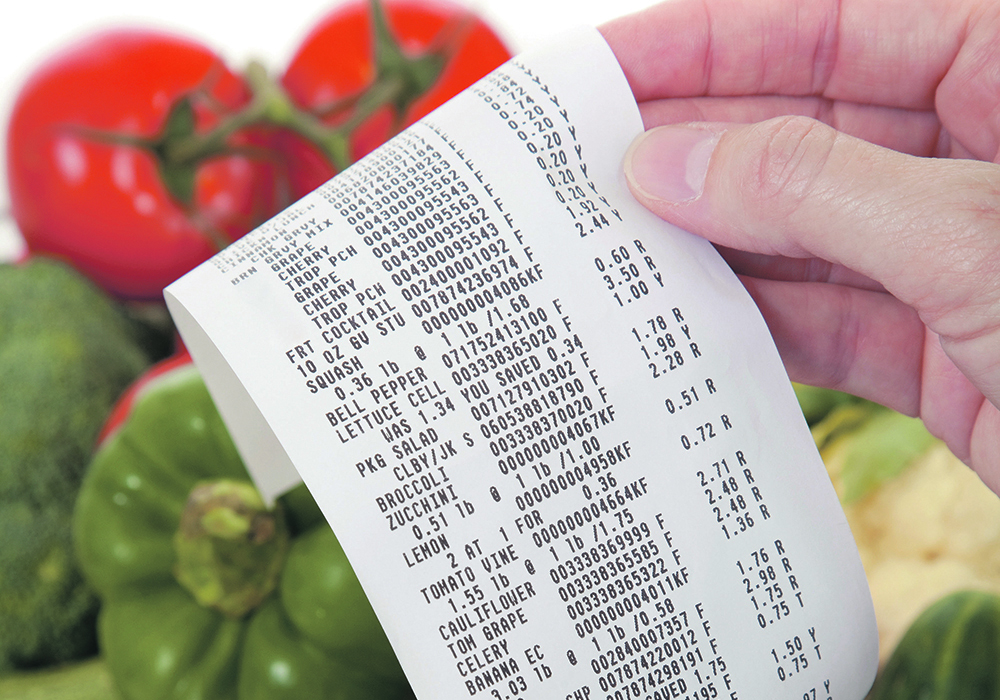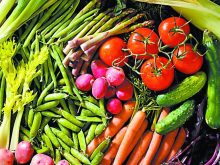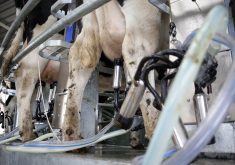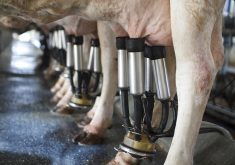Ottawa last week moved to amend the Competition Act, focussing on the grocery businesses, as part of its effort to combat the rising cost of living.
The introduction of Bill C-56 came three days after innovation minister Francois-Philippe Champagne met with the chief executive officers of the five major grocery chains in the country to discuss how to stabilize food inflation.
The heads of Loblaw, Metro, Sobeys, Walmart and Costco agreed they would work with the federal government, but no one said exactly how.
Sylvain Charlebois, head of the Agri-Food Analytics Lab at Dalhousie University, was in the meeting. He said the focus was on consumers only, but farmers should pay attention.
Read Also

New coal mine proposal met with old concerns
A smaller version of the previously rejected Grassy Mountain coal mine project in Crowsnest Pass is back on the table, and the Livingstone Landowners Group continues to voice concerns about the environmental risks.
“We discussed promotional strategies, the code of conduct,” Charlebois said in an interview. “We talked about barriers and consumer trust.”
He said consumers trust farmers but have the opposite opinion of grocers.
“Eighty-two percent of Canadians, we found in our recent survey, believe that (grocer) greed is behind food inflation,” he said.
When grocers speak in the media, most people don’t believe them and that’s a big issue even though many assessments have found they aren’t to blame for food inflation.
“It doesn’t matter,” said Charlebois. “Nobody cares. It’s all about emotions. It’s not about data. Emotions are driving people to believe certain things and that’s a problem.”
He said his understanding is that the Sept. 18 meeting was the start of many and that the minister will engage with the individual grocers, then manufacturing and perhaps eventually the production side with farmers.
“Given the politics of all of this, of course it makes grocers an ideal target but if you really want some concrete changes and a plan, you can’t exclude everyone else. It’s just impossible,” Charlebois said. “But at the end of the day, what needs to be recognized here is any measures penalizing grocers will eventually catch up to farmers.”
He was referring to the possibility of taxing grocers, which the government suggested in a news release.
Charlebois also said consumers should remember that the government wants to address food inflation; controlling prices would be a different conversation. Canada’s food inflation rate is second lowest in the world behind the United States, and Canadians spend 9.1 percent of their budget on food, which is sixth lowest in the world.
“The question we should ask ourselves is not necessarily whether food is affordable. As a society, as Canadians, do we value food enough?”
Farmers should pay attention to the conversation around food because it centres on how consumers value and perceive it, Charlebois added.
“The other disturbing thing that we noticed in our surveys is that 17 percent of Canadians actually believe that food should be free,” he said.
“This is troubling. A lot of people out there see no value in what farmers are doing, what processors are doing, what retailers are doing, what the food industry is doing. I’m not sure what’s going on here but it’s amazingly strange.”
Contact karen.briere@producer.com


















